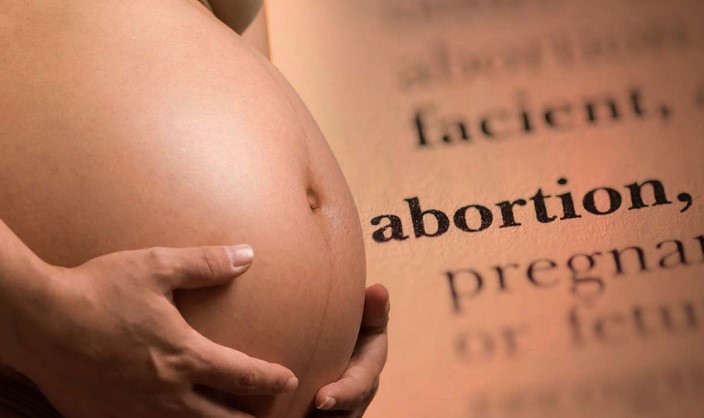
The Supreme Court on Monday granted permission for an aggrieved survivor of a crime to undergo an abortion while remarking that becoming pregnant before marriage affects both physical and mental health.
The bench comprising Justices B.V. Nagarathna and Ujjal Bhuyan while observing the medical report of the survivor opined, the Gujarat High Court erred in dismissing the petition for pregnancy termination.
The Apex court stated that within the framework of marriage, pregnancy reason for joy and celebration not only for the couple but for the family and friends. In contrast, pregnancy occurring outside the marriage inflicts harm, especially in instances where sexual assault or abuse is involved. This leads to distress and trauma, negatively impacting the physical and mental well-being of expectant mothers. Sexual assault of a woman is distressing, and if it results in pregnancy, the injury is further exacerbated. Such pregnancies are non-consensual and lack mindfulness.
The bench stated, “In view of the above discussion and the medical report, we permit the appellant to terminate her pregnancy. We direct her to be present in hospital tomorrow so that the procedure for termination of pregnancy can be carried out.”
The supreme court stated if the foetus is found to be alive, the hospital shall give all necessary assistance, including incubation to ensure the foetus survives.
Furthermore, it stated that if it survives, the State shall take steps to ensure the child is adopted in accordance with the law.
During a special session, the apex court expressed its dissatisfaction over the Gujarat High Court’s delay in addressing the survivor’s request for the medical termination of her pregnancy. It stated concern that “precious time” had been lost during the pendency of the case.
Under the provisions of the Medical Termination of Pregnancy (MTP) Act, the upper limit for pregnancy termination is 24 weeks for married women and other special categories, including rape survivors and other vulnerable groups such as differently-abled individuals and minors.




